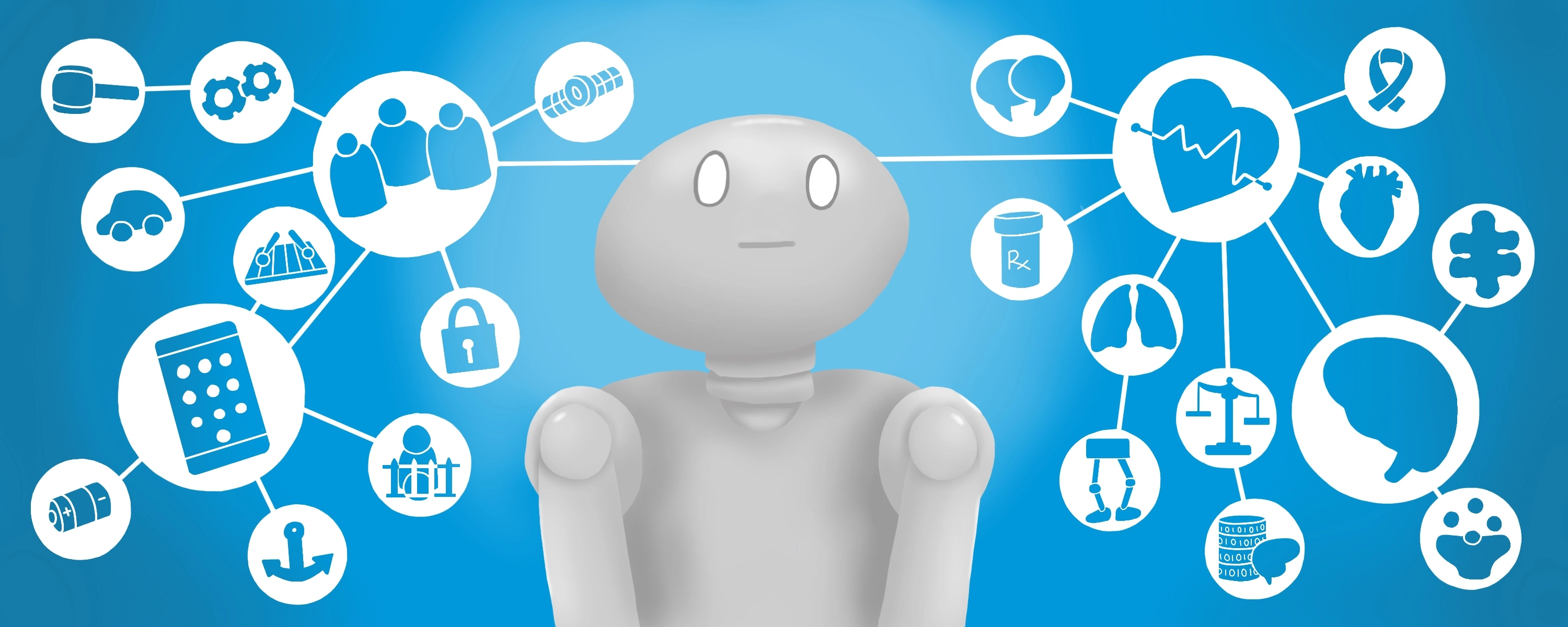
What Can AI Not Do for Me? Understanding the Limitations of Artificial Intelligence
By Adedayo Oyetoke, Published on: October 26th 2023 3 min, 516 word Views: 1146
Artificial Intelligence (AI) has made remarkable advancements, transforming various aspects of our lives. However, it is essential to recognize that AI also has its limitations. In this blog, we will explore the areas where AI falls short and the tasks and experiences that still require human intervention and expertise.
1. Emotional Understanding and Empathy:
While AI can analyze vast amounts of data and mimic human-like responses, it lacks true emotional understanding and empathy. AI systems cannot genuinely comprehend human emotions, making it challenging for them to provide the same level of emotional support and connection that humans can offer.
2. Complex Decision-Making:
AI excels at processing large amounts of data and making predictions based on patterns. However, when it comes to complex decision-making that requires intuition, creativity, and ethical considerations, human judgment and experience are still invaluable. AI may provide insights, but the final decision often requires human intervention.
3. Contextual Understanding:
AI struggles with understanding context and nuance. It may misinterpret sarcasm, irony, or cultural references, leading to inaccurate responses or misunderstandings. Humans possess the ability to grasp subtle cues and contextual information, making communication and interpretation more accurate and meaningful.
4. Unstructured Problem-Solving:
AI performs exceptionally well in structured environments with clear rules and patterns. However, when faced with unstructured problems that require adaptability, creativity, and thinking outside the box, human intelligence remains superior. AI lacks the ability to approach novel situations with the same level of flexibility and innovation as humans.
5. Moral and Ethical Reasoning:
AI lacks a moral compass and cannot make ethical judgments on its own. Decisions involving moral dilemmas, complex ethical considerations, or subjective value judgments require human involvement. Humans possess the ability to weigh different perspectives, consider consequences, and make decisions based on moral and ethical principles.
6. Physical Dexterity and Sensory Perception:
While AI-powered robots can perform repetitive tasks with precision, they lack the physical dexterity and sensory perception of humans. Activities that require fine motor skills, delicate touch, or sensory perception, such as intricate surgeries or artistic creations, are still best performed by human hands.
7. Intuition and Gut Feelings:
AI relies on data-driven analysis and algorithms, while humans possess intuition and gut feelings that are difficult to replicate. Intuition allows humans to make quick decisions based on experience, pattern recognition, and subconscious processing, which can be invaluable in certain situations where time is of the essence.
8. Human Connection and Empathy:
AI may provide customer service or companionship, but it cannot replace the genuine human connection and empathy that comes from interacting with another person. Humans have the ability to understand and relate to others on a deeper emotional level, providing comfort, support, and genuine human connection.
Conclusion:
While AI has made significant strides and continues to transform various aspects of our lives, it is important to recognize its limitations. Emotional understanding, complex decision-making, contextual understanding, and moral reasoning are areas where human intelligence and expertise still surpass AI. By understanding these limitations, we can better appreciate the unique qualities and capabilities that make us human and leverage AI as a tool to enhance our lives rather than replace our innate human qualities.
